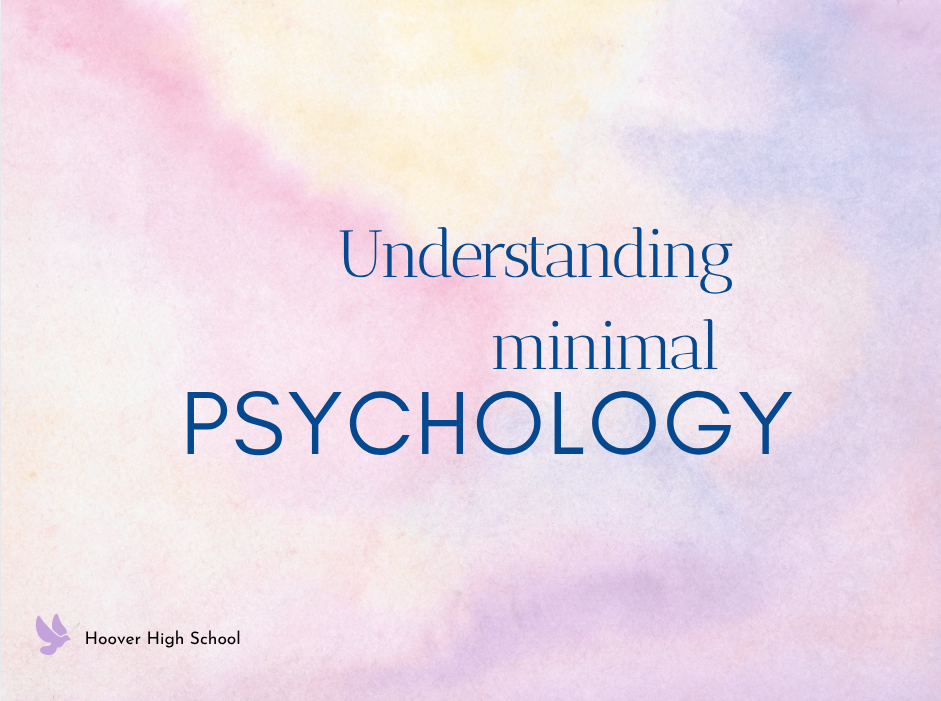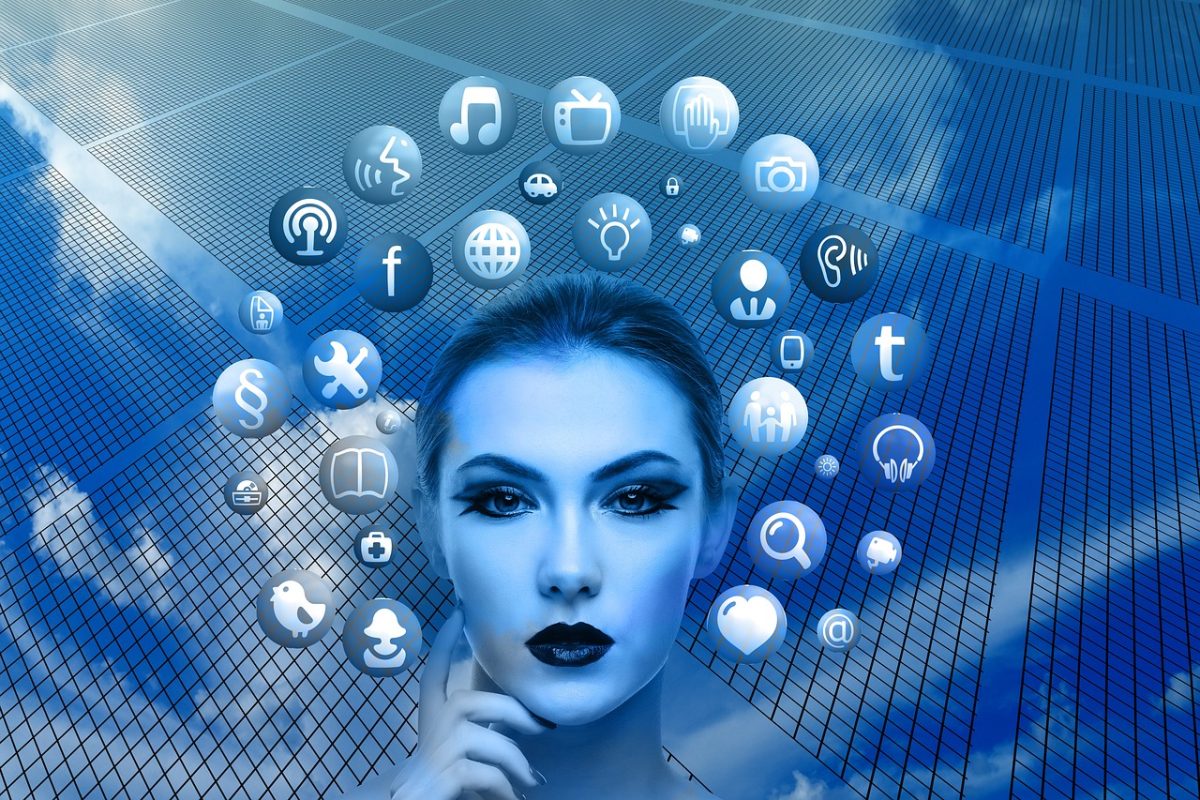ChatGPT is a powerful tool that helps people write, learn, and solve problems more easily. It can boost productivity, support creativity, and assist with tasks like writing essays, coding, or answering questions. However, despite these benefits, using ChatGPT has some downsides, especially for the environment and society.
Running AI systems like ChatGPT requires large data centers that consume a lot of electricity, much of which still comes from non-renewable sources like coal and gas. These energy demands contribute to air pollution and global warming. Additionally, the computers used to run ChatGPT need a lot of water to stay cool, which can strain local water supplies, especially in areas already facing shortages.
There are also social concerns. As AI becomes more advanced, it can replace human jobs in fields like writing, customer service, and education. This can reduce job opportunities and make it harder for some people to find work. Overreliance on AI might also lead people to stop practicing important skills like writing, thinking critically, and solving problems on their own. Sometimes, ChatGPT may also provide incorrect or biased information, which can lead to confusion or spread false ideas.
Ultimately, we have to be careful with our use of ChatGPT and keep these downsides in mind.











